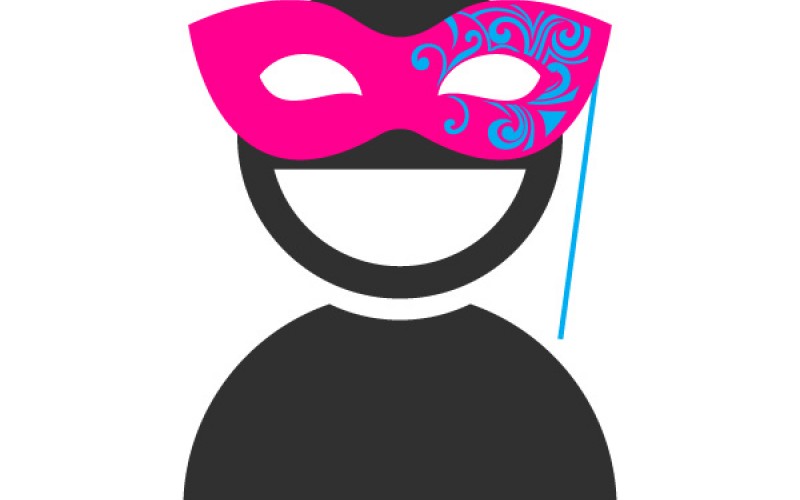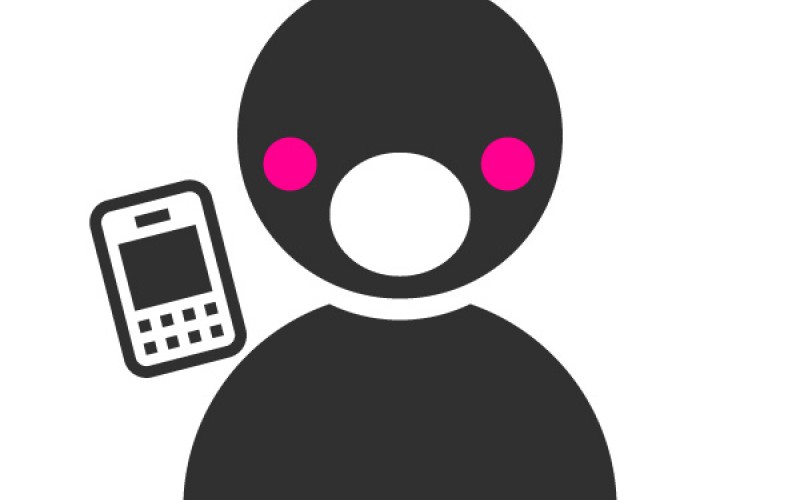Challenge Regional Cyber Day Event1: Girls into Cyber: panel and exhibition, Northumbria.
On Thursday 9thOctober at Gateshead Northern Design Centre, Cyber Security Challenge and Northumbria University will be holding the first Event1 in their series Regional Cyber Day.
We are delighted to announce that Lucy Winskell, Northumberland University's Pro Vice Chancellor has confirmed she will open the day's activities, introducing the women on the panel to highlight the myriad of back grounds and pathways that women have found into cyber roles and the exhibitors to inspire the audience of career changers and students during the day where attendees can network with regional employers, women in the industry and find out about the community.
The panel is to be opened by the Dr Jessica Barker, Cyber Security Consultant, starts off the discussion: Why is everyone talking about Cyber Security?
There will be speakers from GCHQ and IA Professional Bodies too [TBC]
Stands and activities include:
• Regional business stands: showcasing local cyber roles and pathways into work.
• Cyber 'Surgeries': 10 minute Q&A with students with the cyber community to discuss future job roles, memberships and the benefits of groups and networking.
• Enigma Machine: Bletchley Park's Education Officer demonstrates a real, working Enigma machine, providing drop-in activity sessions.
• Cyber-card game –Students and Career Transitioners can create teams to battle it out on a leader board during the day
• Cyber Community: UK wide network communities: (ISC)2., BCS., IISP.,to be available to talk about networking and membership opportunities.




Comments
make a comment